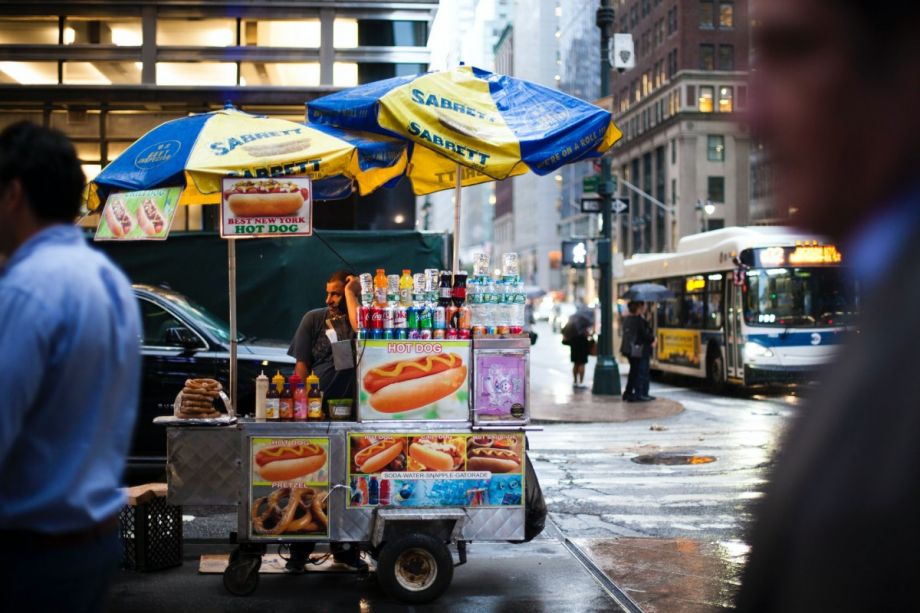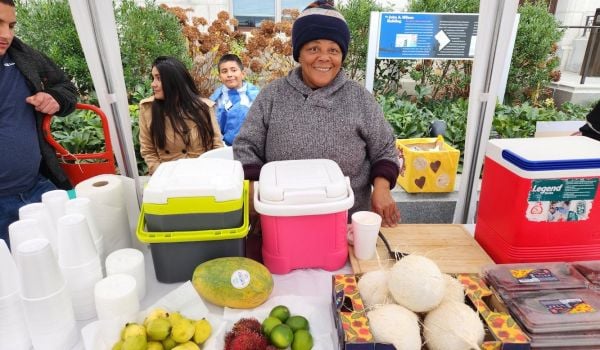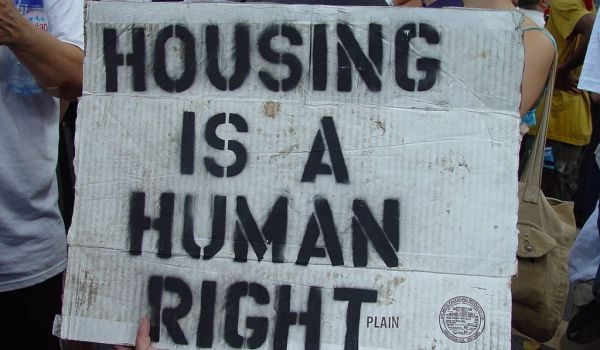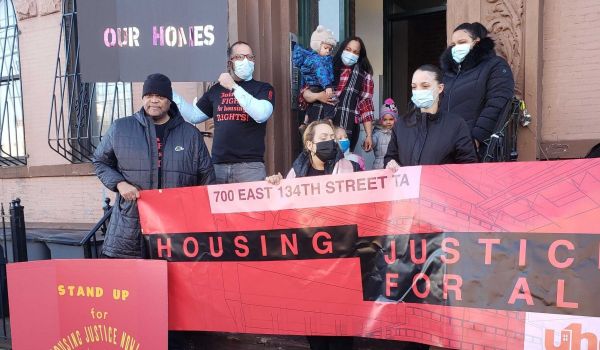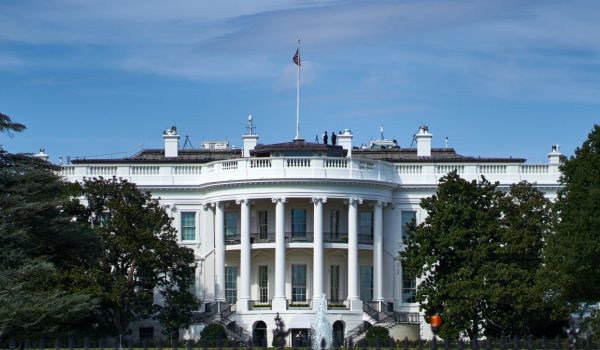Almost Half of U.S. Workers Lack Access to Retirement Savings Plans
A new report from the AARP finds that about 57 million Americans work for employers that don’t offer retirement savings plans or traditional pensions. The disparities are particularly stark among Black, Hispanic and Asian American workers, women, low-wage workers, and those without college degrees. The employer’s size is a major factor: 78% of workers at firms with fewer than 10 employees lack access to a plan. Even among companies with more than 1,000 workers, a third of employees are not offered an employer-sponsored retirement savings plan.
Several cities as well as 13 states have or are beginning programs to make it easier for employers to offer retirement plans, the AARP notes. Several states are also requiring small employers to offer such plans.
‘Historic’ NYC Street Vending Permit System Expansion Sees Delays
Last year, the New York City Council passed landmark legislation to finally reform and expand the street vendor permit system to meet rising demand. But The City reports that the new street vendor permit application has still not opened up, despite a July 1 deadline.
After a delayed public hearing on the new rules, the Department of Health and Mental Hygiene is still reviewing public feedback and working out the details of the new system, The City reports.
Under the new law, hundreds of new permits will be made available each year for the next decade, allowing the city to expand the number of full-time legal street vendors for the first time in nearly 40 years. But many vendors tell The City they believe the reforms aren’t enough: They fear vendors will not be able to maintain their current location and that new vendors will not be able to access permits due to a 2017 waiting list cut-off. In the end, advocates say, the new law may not go far enough to address the black market of permit resales.
‘Greedflation’: The CEO-to-Worker Pay Ratio Reaches 324:1
A new report from the AFL-CIO, titled “Greedflation,” found that in 2021, pay for CEOs of S&P 500 companies rose more than 18%, speeding past the U.S. inflation rate of about 7%. Workers’ wages, the other hand, fell 2.4% last year, after adjusting for inflation.
“Last year the average CEO-to-worker pay ratio of S&P 500 companies was 324 to 1,” AFL-CIO’s Secretary-Treasurer Fred Redmond says. “In 2020, it was 299 to 1. And in 2019, it was 264 to 1. So to put a fine point on this, during the pandemic, the ratio between CEO and worker pay jumped 23 percent.”
The highest CEO-to-average worker pay ration among the S&P 500 companies last year was at Amazon, where new CEO Andy Jassy’s total compensation was $212.7 million. The median Amazon worker pay was about $32,855, marking a staggering 6,474-to-1 ratio. Other top offenders include Expedia, McDonald’s, The TJX Companies, Yum! Brands, Estee Lauder and Coca-Cola.
Pennsylvania Law Allows Cannabis Companies Access to Financial Services
The marijuana industry is celebrating newly-passed Pennsylvania legislation that enables access to banking and lending services for marijuana businesses in the state, according to The Pennsylvania Capital-Star. The legislation, signed by Gov. Tom Wolf this week, shields financial and insurance businesses from state prosecution over their engagement with cannabis businesses, The Center Square explains.
But legal experts warn that federal prosecution remains a possibility. Advocates say they hope the new legislation leads to similar protections against federal regulators going after institutions that provide banking services to licensed cannabis businesses. It may be a long battle yet: Last week, the federal Secure and Fair Enforcement (SAFE) Banking Act was approved by the U.S. House of Representatives – for the seventh time.
This article is part of The Bottom Line, a series exploring scalable solutions for problems related to affordability, inclusive economic growth and access to capital. Click here to subscribe to our Bottom Line newsletter.

Shania DeGroot is an Emma Bowen Foundation Fellow with Next City for summer 2022.
Aysha Khan is the managing editor at Next City.
Follow Aysha .(JavaScript must be enabled to view this email address)



